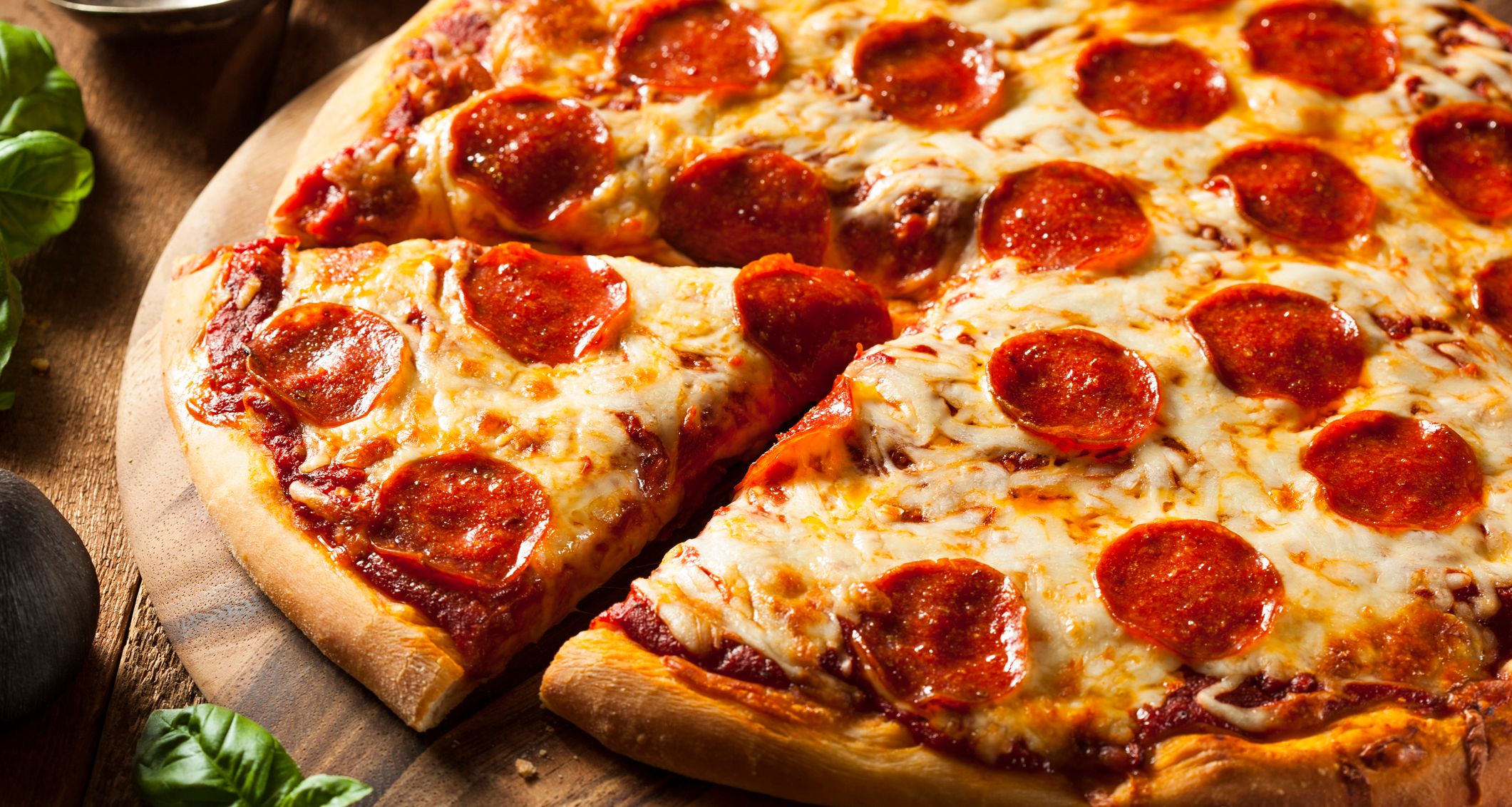With the Virgin Money London Marathon just four days away, it's worth acknowledging the difference nutrition can make on race day
To help you make the most out of your marathon, we called on expert advice.
Senior Sport Scientist at Lucozade Sport, Katherine Shaw has shared her top 10 nutrition tips for runners to rule on race day.
1. Carb loading
"You will be primarily relying on your carbohydrate stores during the race so fuelling up by increasing your carb intake in the week before will ensure your muscles are fully loaded.
"However, don’t allow your total calorie intake to increase as your training reducing. You will want to avoid gaining any extra weight in the last few weeks before the marathon."

2. Eat well the night before
"What you eat the night before your race is important, but don't overthink it. Eat something you enjoy and are familiar with, ensuring it is rich in carbohydrates. Foods such as pasta, rice, bread or potatoes will mean your carbohydrate stores in your muscle and liver are stocked up."
3. Have an early dinner and an early night
"Make sure you plan your pre-race meals in advance so that you have time to relax. Eating at a reasonable time will give your body time to digest your food and help you wind down for a good night's sleep. A lack of good quality sleep could affect your performance the following day."
4. Race day breakfast
"Running a marathon requires a huge amount of energy, so your race day nutrition is crucial. Your breakfast should ideally be carb-based and low in fibre and fat, as these can cause an upset stomach when running."

5. Start hydrated
"Keep a drink with you in the build up to crossing the start line - little and often is key. Dehydration may result in a decline in endurance performance. Even a 2% reduction in your body water weight has been shown to negatively impact performance, reducing the intensity you are able to sustain."
6. Keep fuelled during the race
"The stores of carbohydrate in your body will deplete during the race. To combat this and avoid fatigue, consume some carbs during the race such as sports drinks, gels, bananas or dried fruit.
"It is recommended on average to eat between 30g-60g of carbohydrate per hour – equivalent to one or two Lucozade Sports."
7. Post-race rehydration and recovery
"Recovery starts as soon as you cross the finish line. The race might be over, but your body still needs help to get back to its best! Rehydrating in the hours after exercise should also be an important part of your strategy."
[caption id="attachment_203846" align="alignnone" width="2121"]
 Right after a marathon is probably the best time to take on a cheat meal
Right after a marathon is probably the best time to take on a cheat meal[/caption]
8. Celebrate with a delicious meal
"You did it - so make sure to reward yourself with a meal you enjoy, but don't neglect carbohydrates. It is important to replenish your carbohydrate stores as they are likely to be low having just run 26.2 miles!"
9. Finish up with some protein
"It's not just carbohydrate that is important after the race. Combine it with some protein to help your muscles grow and adapt. Treat yourself with around 20g of high-quality protein, this is equivalent to a palm-sized portion of protein on a plate of food such as meat, fish or dairy."
Read more from JOE:





 Right after a marathon is probably the best time to take on a cheat meal[/caption]
Right after a marathon is probably the best time to take on a cheat meal[/caption]